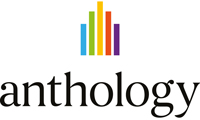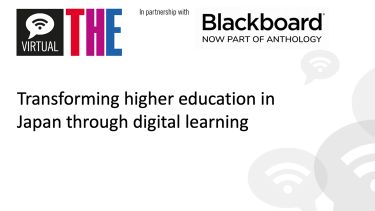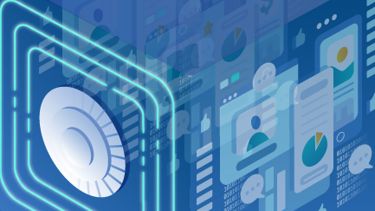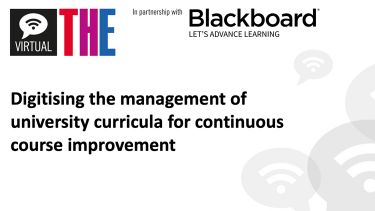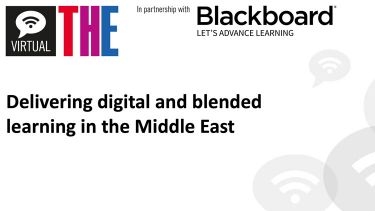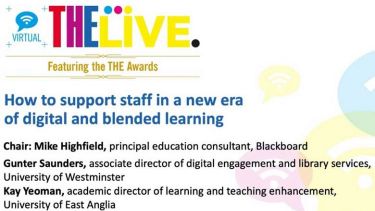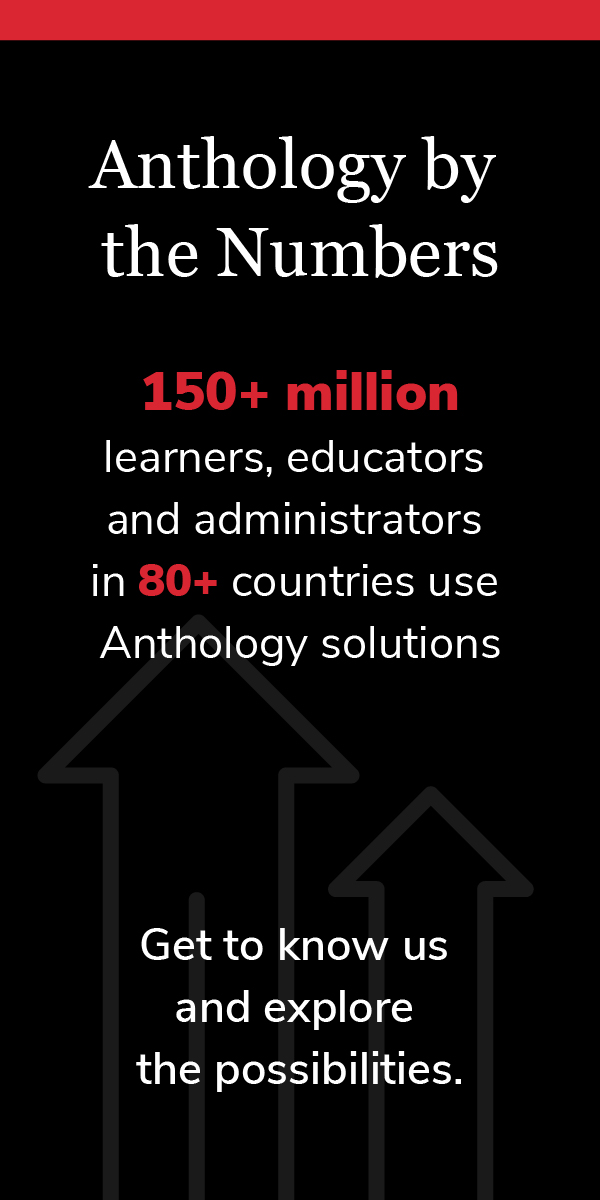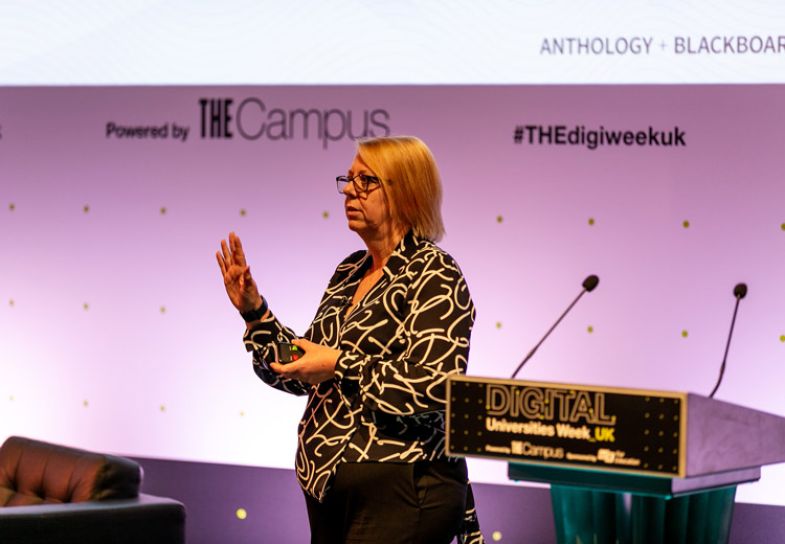
Intelligent data experiences require data to be personalised and actionable. When this is achieved, data can be used to optimise every dimension of the university experience
Data can help universities deliver a world-class higher education experience for all students, but institutions must leverage this data responsibly to transform learner and faculty success at scale. At THE Digital Universities Week UK 2022, Louise Thorpe, vice-president of client experience at Blackboard – the world’s largest edtech specialist company – spoke about the ways data can be used to optimise every dimension of the university experience.
“Making data both personalised and actionable is important, but not always easy to achieve,” Thorpe explained. “Abundance and complexity can create difficulties and sometimes demographic data is conflicting. Human beings are more than one thing. Each individual has a different set of requirements, a different history, and a different objective.”
Using the data available to them, institutions generally set out to improve their processes, thinking about data in the context of demographics, behaviours and performance. But this is a global challenge. Data means different things to different people, from students to academics, administrators and the wider community. These different stakeholders need to communicate with one another.
“Previously, there has been a lot of focus on interventionist data – how to spot at-risk students,” Thorpe said. “But now we are trying to flip this on its head, emphasising how we personalise the student journey based on the data we can see and how that can empower action.”
Data also plays a key role in putting the student at the centre of the university experience. Student-centric learning creates a better overall experience but that doesn’t mean education has to be learner-led. It should address what students require, not necessarily what they want.
Looking specifically at personalisation, data is also important. “The student journey is made up of many pathways,” Thorpe added. “One of the challenges around personalised learning is deciding whether you want everyone to get to the same destination by different paths or if they are headed for different destinations. And how do you empower those who may not be familiar with higher education to make an informed decision about the pathway that they should take?”
At Blackboard, the personalised learning experience is built on five pillars: progress, efficiency, pedagogy, collective and best-in-class. “For progress, think about where you’re up to and where you are trying to get,” Thorpe said. “For efficiency, how does the workflow help you in a particular activity? Looking at the collective, prioritise a shared experience for students, while best-in-class deals with seamless integration. And at the centre of these five pillars is pedagogy.”
There are three areas where data can support the creation of a personalised learning experience in terms of engaging, adapting and navigating. This allows students to track their own progress, supports staff in carrying out critical care assessments and provides guidance on the right route to take.
“We are looking into intelligent data experiences, recognising the value of that data and exploring how we can optimise the use of that data for everyone’s benefit,” said Thorpe.
Find out more about Blackboard and higher education.
